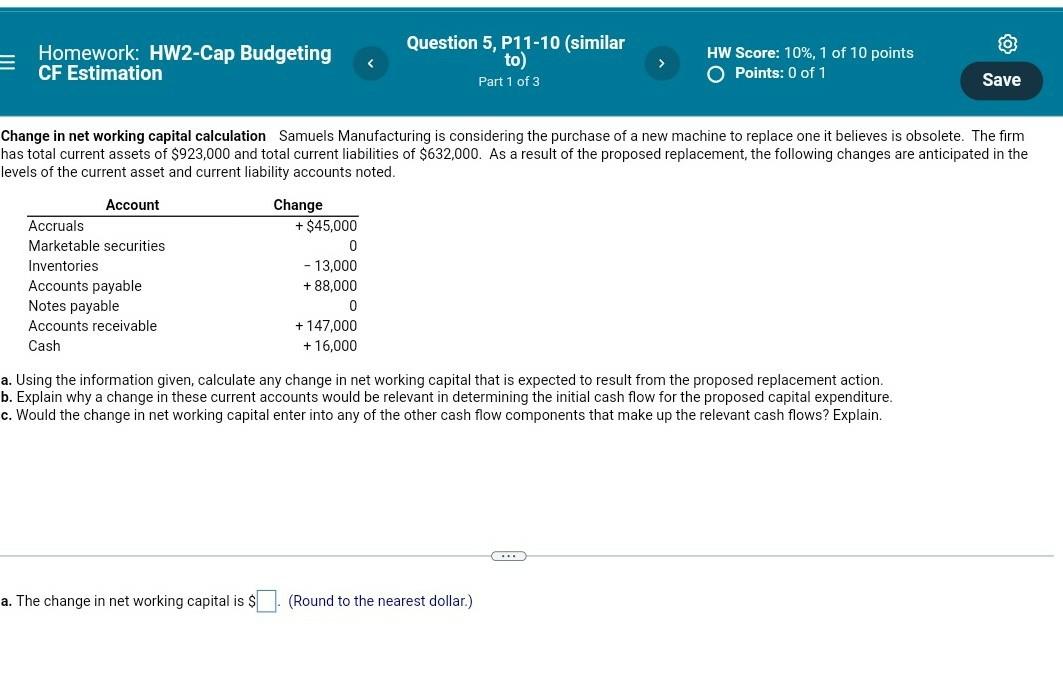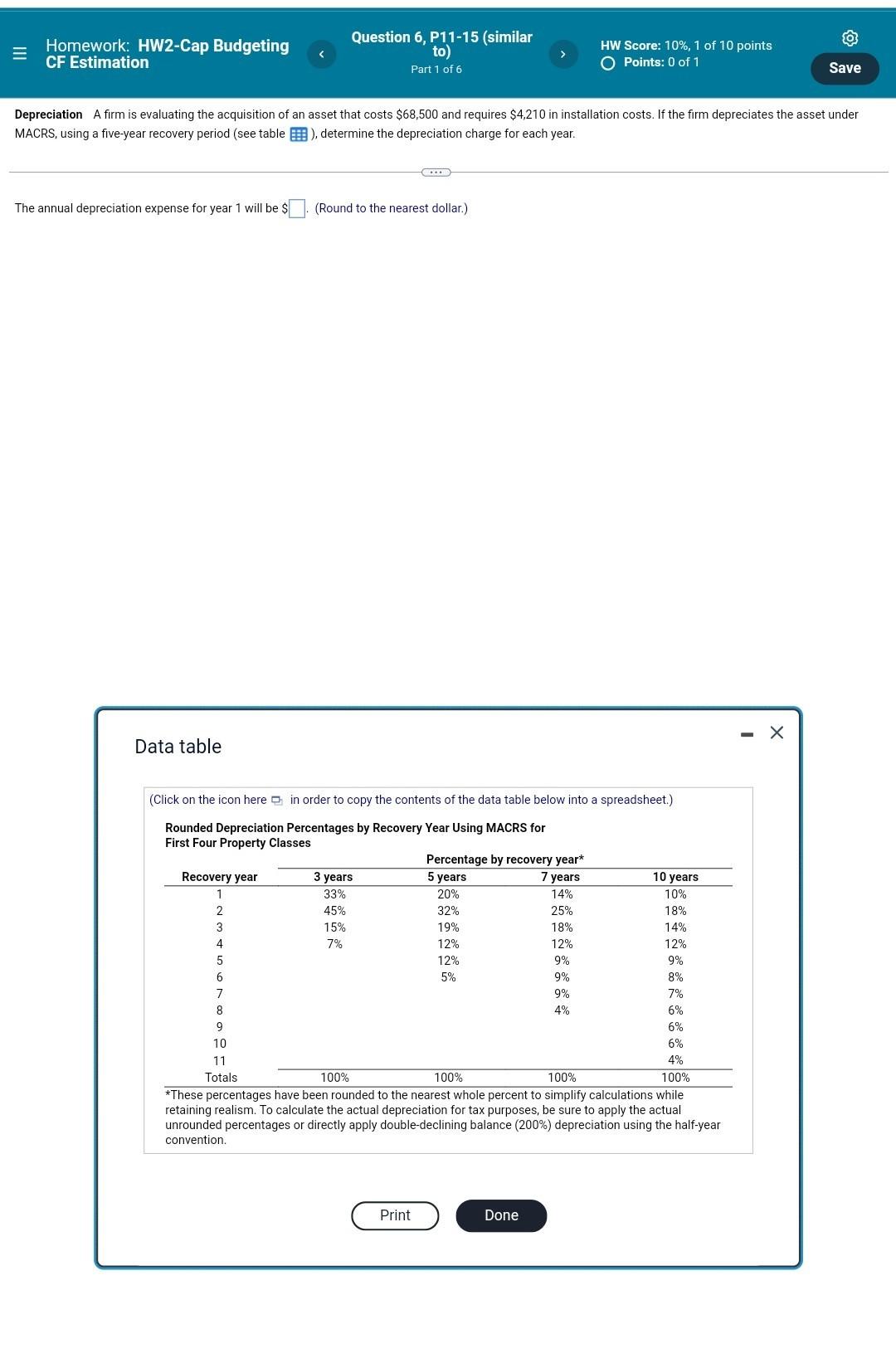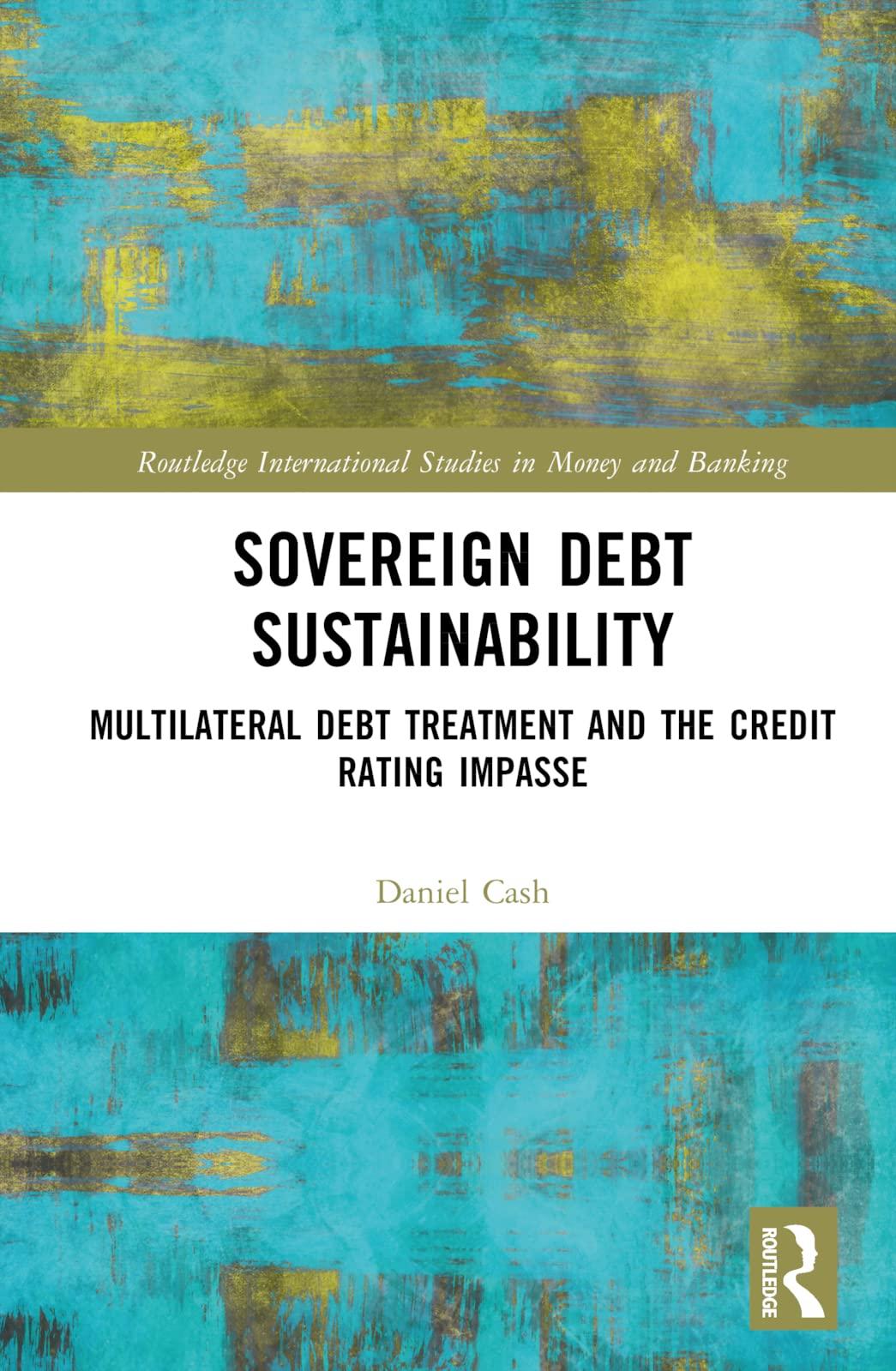Answered step by step
Verified Expert Solution
Question
1 Approved Answer
Homework: HW2-Cap Budgeting CF Estimation Question 5, P11-10 (similar to Part 1 of 3 HW Score: 10%, 1 of 10 points O Points: 0 of


Homework: HW2-Cap Budgeting CF Estimation Question 5, P11-10 (similar to Part 1 of 3 HW Score: 10%, 1 of 10 points O Points: 0 of 1 Save Change in net working capital calculation Samuels Manufacturing is considering the purchase of a new machine to replace one it believes is obsolete. The firm has total current assets of $923,000 and total current liabilities of $632,000. As a result of the proposed replacement, the following changes are anticipated in the levels of the current asset and current liability accounts noted. Account Accruals Marketable securities Inventories Accounts payable Notes payable Accounts receivable Cash Change + $45,000 0 - 13,000 +88,000 0 + 147,000 + 16,000 a. Using the information given, calculate any change in net working capital that is expected to result from the proposed replacement action. b. Explain why a change in these current accounts would be relevant in determining the initial cash flow for the proposed capital expenditure. c. Would the change in net working capital enter into any of the other cash flow components that make up the relevant cash flows? Explain. .. a. The change in net working capital is $ (Round to the nearest dollar.) E Homework: HW2-Cap Budgeting CF Estimation Question 6, P11-15 (similar to) Part 1 of 6 HW Score: 10%, 1 of 10 points O Points: 0 of 1 Save Depreciation A firm is evaluating the acquisition of an asset that costs $68,500 and requires $4,210 in installation costs. If the firm depreciates the asset under MACRS, using a five-year recovery period (see table B), determine the depreciation charge for each year. . The annual depreciation expense for year 1 will be $ . (Round to the nearest dollar.) Data table (Click on the icon here in order to copy the contents of the data table below into a spreadsheet.) 3 years 5 years 10 years Rounded Depreciation Percentages by Recovery Year Using MACRS for First Four Property Classes Percentage by recovery year* Recovery year 7 years 1 33% 20% 14% 10% 2 45% 32% 25% 18% 3 15% 19% 18% 14% 4 7% 12% 12% 12% 5 12% 9% 9% 6 5% 9% 8% 7 9% 7% 8 4% 6% 9 6% 10 6% 11 4% Totals 100% 100% 100% 100% *These percentages have been rounded to the nearest whole percent to simplify calculations while retaining realism. To calculate the actual depreciation for tax purposes, be sure to apply the actual unrounded percentages or directly apply double-declining balance (200%) depreciation using the half-year convention Print Done
Step by Step Solution
There are 3 Steps involved in it
Step: 1

Get Instant Access to Expert-Tailored Solutions
See step-by-step solutions with expert insights and AI powered tools for academic success
Step: 2

Step: 3

Ace Your Homework with AI
Get the answers you need in no time with our AI-driven, step-by-step assistance
Get Started


